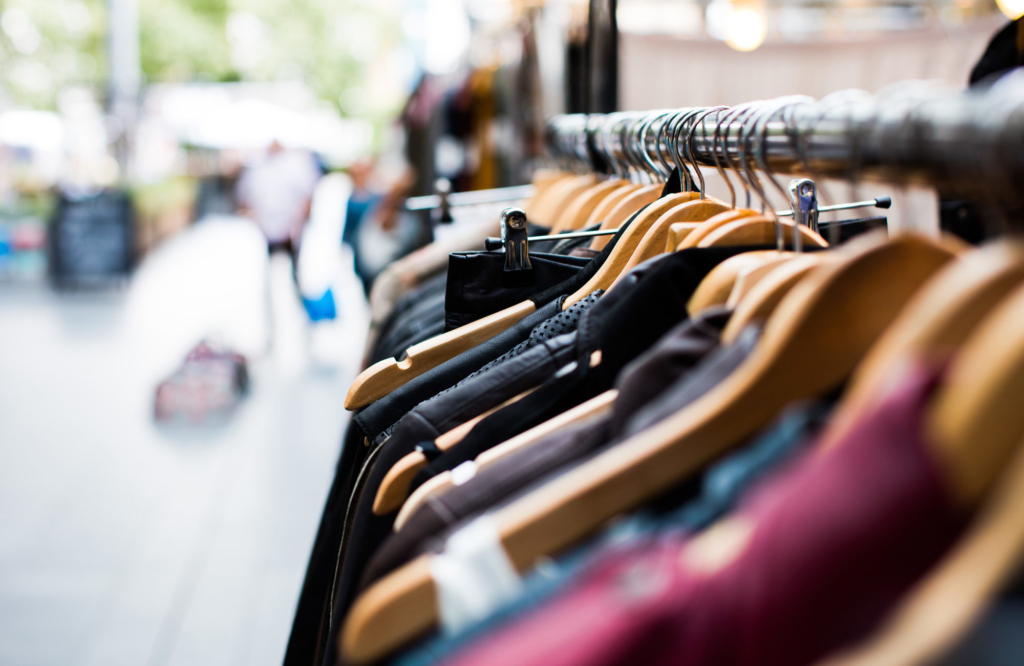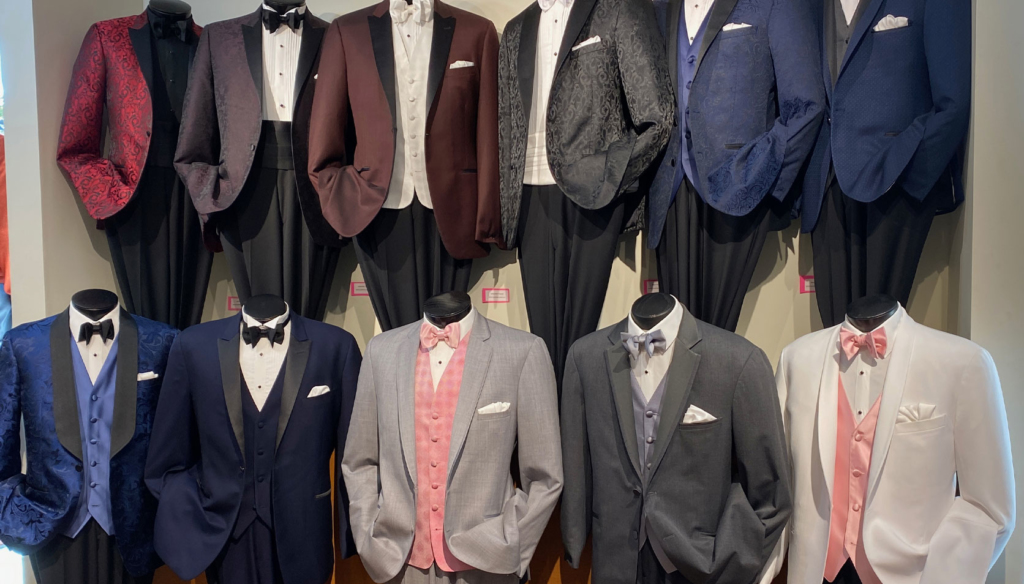Clothing Rental Revolution
In recent years, a new trend has emerged in the fashion industry that is revolutionizing the way people consume clothing. Clothing rental services have gained significant popularity, offering a sustainable and cost-effective alternative to traditional shopping. This article delves into the world of clothing rental services, exploring their rise in popularity, the benefits they offer, and their impact on shaping the future of fashion consumption.

The Shift towards Sustainable Fashion
As consumers become more aware of the environmental impact of fast fashion and the excessive waste it generates, there is a growing demand for more sustainable alternatives. Clothing rental services align perfectly with this shift towards sustainable fashion. By renting clothes instead of buying them, consumers contribute to reducing the demand for new clothing production, which often involves resource-intensive processes and contributes to pollution. Renting allows individuals to enjoy the latest fashion trends without the guilt of adding to the fashion industry’s negative environmental footprint.
Affordability and Variety
One of the main attractions of clothing rental services is the affordability and access to a wide variety of clothing options. Many designer pieces and high-end brands that might be out of reach for many in terms of purchasing become accessible through rental services. Individuals can rent a designer dress for a special occasion or try out different styles without the commitment of a full purchase. This not only allows for more fashion experimentation but also promotes more sustainable use of clothing. Instead of buying numerous items that may only be worn a few times, renting provides the opportunity to enjoy a diverse wardrobe without clutter or financial strain.

Redefining Fashion Consumption
Clothing rental services are redefining the concept of fashion ownership. Instead of viewing clothing as disposable items, people are shifting towards a more circular and mindful approach to fashion. Renting encourages a mentality of sharing and reusing, challenging the notion that one must own every garment one wears. It promotes a sense of community and reduces the pressure to constantly purchase new clothes to keep up with changing trends. By renting, individuals can experience the joy of wearing new and different pieces without the long-term commitment, allowing for a more sustainable and conscious approach to fashion consumption.
Fashion Forward
Clothing rental services are forging collaborations with fashion designers and brands to offer exclusive collections and collaborations. These partnerships not only provide renters with access to unique and limited-edition pieces but also promote sustainable design practices. By showcasing the work of designers who prioritize ethical and eco-friendly production methods, clothing rental services contribute to raising awareness about sustainable fashion and supporting responsible brands.
Empowering a Circular Economy
Clothing rental services are not just about renting and returning garments; they actively participate in promoting a circular economy by implementing clothing donation and repurposing initiatives. Many rental platforms encourage their customers to donate or return garments that they no longer need, which are then repurposed or redistributed to other customers. This practice extends the lifespan of clothing items, reducing textile waste and maximizing their use. Through these initiatives, clothing rental services foster a sense of community and engagement, encouraging renters to actively participate in closing the fashion consumption loop.
Wrap up
Clothing rental services have emerged as a popular and sustainable alternative to traditional fashion consumption. They provide an avenue for individuals to embrace the latest trends, access high-end fashion, and experiment with different styles without the burden of ownership. The rise of clothing rental services reflects a growing desire for more sustainable and conscious fashion choices, enabling people to enjoy a diverse wardrobe while reducing waste and environmental impact. As this trend continues to gain momentum, it has the potential to reshape the fashion industry, promoting a more circular and sustainable future where clothing is valued for its use rather than its ownership.


